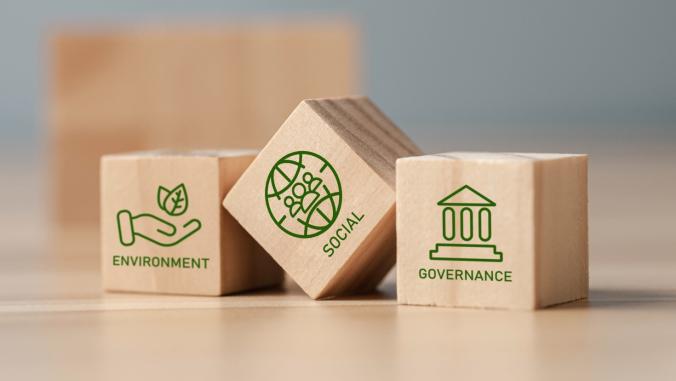Report Report: Climate Week NYC 2015 edition
A slew of new reports were released during Climate Week in New York City. This snapshot can save you some time.

The Report Report brings you highlights from recent reports that are worth a look. Too often, reports from business groups and analysts gather dust on desks, or virtual dust in email inboxes. That's a lot of wisdom left untapped. Share your own reports by emailing us here.
A steady stream of announcements have been flying in from New York during Climate Week, which is just wrapping up. Corporate sustainability commitments have arrived from giant banks and many other sectors. A number of groups have released signature reports as well. Here are a select handful worth your while.
Firm Commitments: Tracking Company Endorsers of the New York Declaration on Forests
Source: Forest Trends' Ecosystem Marketplace

What it says:
"Reducing black carbon — the second biggest pollutant contributing to climate change after carbon dioxide — brings ample economic, health and climate opportunities if businesses and governments work together.”
In a follow up to a briefing paper released earlier this year by The Climate Group, this insight briefing draws attention to the environmental and health risks of black carbon, largely ignored in the major international climate discussions. Beyond the dangers of black carbon, the briefing asserts that there also are economic opportunities for businesses and governments that collaborate to reduce the pollutant.
What we say:
The environmental and health impacts of black carbon are well-understood, yet it often plays second fiddle to its longer-lived cousin, carbon dioxide. Emitted during fuel combustion, black carbon is classified as a “short-lived climate pollutant” due to its short time in the air, which means it’s not among the six global warming pollutants covered by most climate policies.
Just as the world has made big strides toward renewable energy and energy efficiency in recent years, there is much room for innovation in the transportation industry, a major black carbon emitter.
In this briefing, BSR and The Climate Group do a good job of drawing attention to the health impacts of climate change — an issue often ignored by policymakers and sustainable business advocates alike. Putting an unnecessary strain on global healthcare systems is bad for business, and taking action to clean up these sources of pollution would make everyone better off. The impact of pollution such as black carbon is greatest in cities — where nearly 70 percent of the human race will live by 2050 — which makes this an imperative for forward-looking municipalities.
Energy Intensive Sectors Need Guidance When Investing In Renewables
Source: World Business Council for Sustainable Development

What it says:
“There is a strong economic case for renewable energy across different sectors — from energy-intensive industries such as chemicals and cement companies to oil and gas, services, conglomerates and retail companies — but big business needs better guidance on how to obtain it.”
The findings come from a survey conducted in early 2015 by CEO-led association World Business Council for Sustainable Development (WBCSD). The group surveyed companies representing 250 TWh of global annual electricity consumption, which together gave a range of business reasons for switching to renewables.
What we say:
There has been plenty of movement on the renewables front from certain sectors, such as tech, but less in many of the energy-intensive industries mentioned in this report. Many firms would like to embrace clean energy technologies, but don’t know how.
These companies, according to the survey, face myriad challenges, including a lack of transparency in costs, regulatory restrictions, complicated and time consuming contractual and administrative procedures and lack of flexibility in contract terms such as tenor.
WBCSD is smart to suggest that better regulatory frameworks could create a favorable environment for improved returns on renewable energy investments, and that a carbon pricing mechanism could ensure a level playing field for renewables.





